How to choose shower seats and chairs?
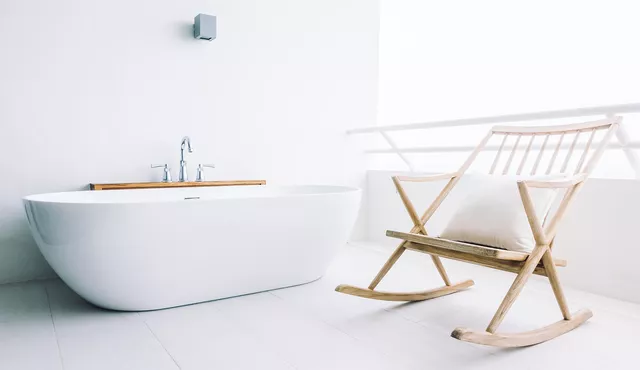
Thanks to better accessibility and affordable prices, more and more people are choosing bathroom accessories for the disabled for their private bathroom. Shower seats and bathtub seats have become important elements of bathroom equipment for the disabled and seniors. They enable a safe and comfortable bath and also provide a sense of independence. Depending on the size of the room, whether there is a shower or a bathtub, and who else uses the bathroom, there are several bathing seat solutions to choose from. Let's take a look at what options are available.
General characteristics of bath chairs
Both shower seats and bathtub seats are most often made of powder-coated carbon steel, stainless steel, or aluminum and reinforced ABS plastic. These are surfaces that are easy to clean, water-resistant, and fit the decor of most bathrooms. Manufacturers typically specify a maximum load capacity of 120 to 150 kg for their chairs.
Types of shower seats
Folding shower seats are designed for wall mounting. Their advantage is the ability to fold. When folded, the seat lies flat against the wall, taking up little space. This makes them ideal for small bathrooms and shower cabins, especially if people who do not need a chair also use the shower. Some chairs have additional supports to reinforce the structure.
Before purchasing and installing a chair, make sure to check the materials of the wall and whether it can withstand the load of a person sitting on the chair.
Types of bathtub benches
In a bathroom with a bathtub, bathtub seats and benches are helpful for people with limited mobility. Their design allows the seat to rest on the edges of the bathtub, so the person bathing does not sit at the bottom of the bathtub but on the bench, making it easier to get up. The dimensions are standardized, and the seats fit most bathtubs. Generally, bathtub seats do not have a backrest, although manufacturers have also considered this option. There are also bathtub chairs with backrests available for people who have difficulty sitting stably.
For disabled people who use a bathtub, additional facilitation can be provided by bathtub steps for the disabled. Single or double steps make it easier for the elderly and people after medical procedures to get in and out of the bathtub. For greater safety, they are made of non-slip materials.
Shower stools – what to consider?
For a bathroom with a larger shower, you can choose a shower stool. A freestanding stool is also suitable for bathrooms where it is not possible to permanently install a wall-mounted shower chair.
Manufacturers offer bathroom stools with adjustable leg height and fixed-height stools. The first ones are designed with different users of the same bathroom in mind and for children who may need a higher stool over time.
Summary
Before deciding which shower or bathtub seat to choose for a bathroom for seniors or disabled people, we should consider the individual needs of the user, as well as the dimensions, layout of the room, and the materials of the walls if wall mounting is necessary.
Depending on the needs, it is also worth considering other accessories for the disabled, such as grab bars or suitable bathroom faucets. Anti-slip mats for the bathtub or floor also reduce the risk of falling and injury.
All rights reserved. No part of this publication (text, graphics, images, photos, files, and other data) presented in the OLE.PL online store may be reproduced or distributed in any form and by any means without prior permission. All trademarks, logos, proper names, and other data are protected by copyright and belong to their owners.
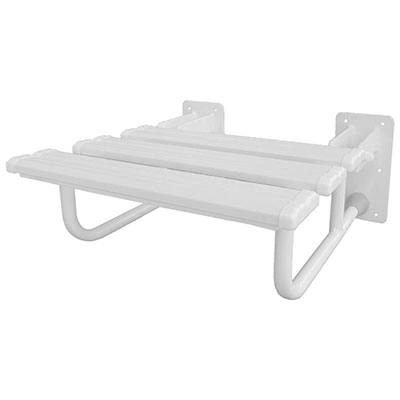
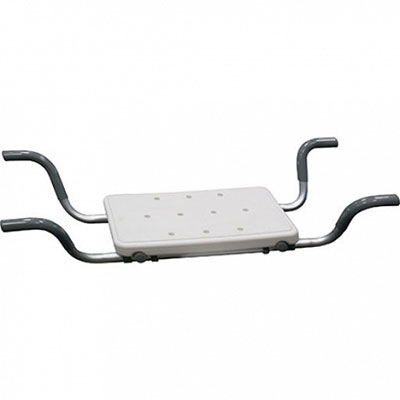
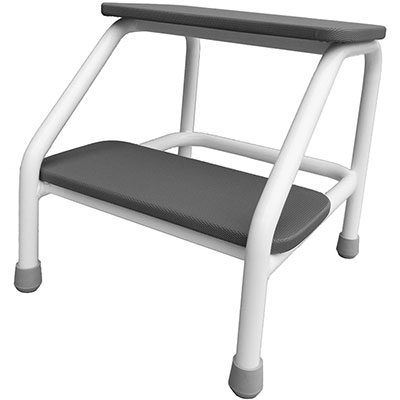
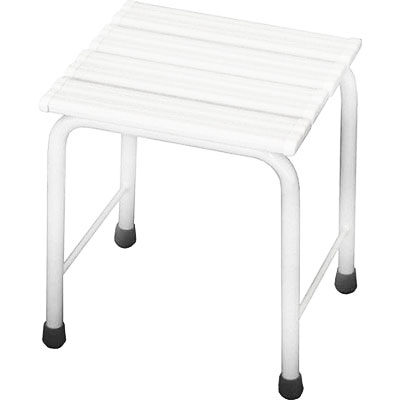
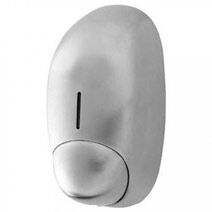
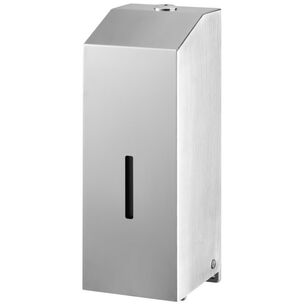
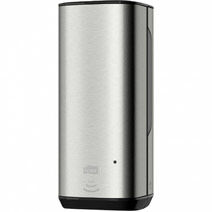
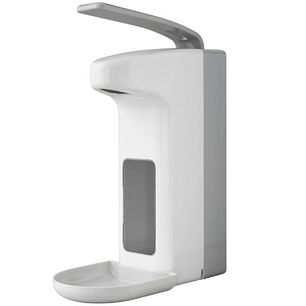
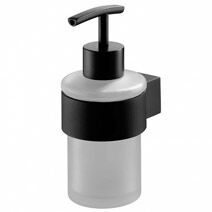
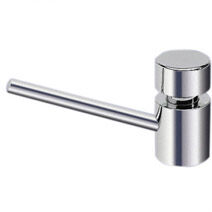

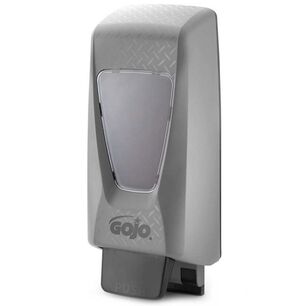
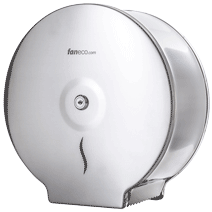
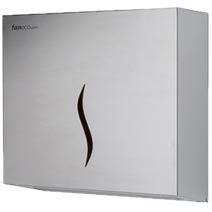
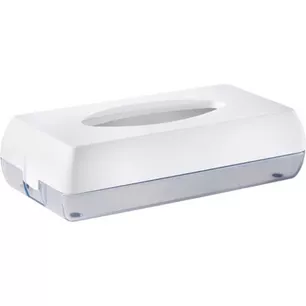
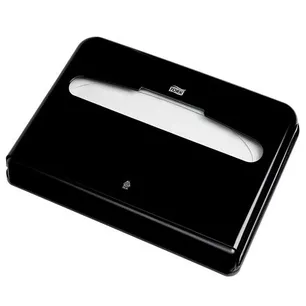
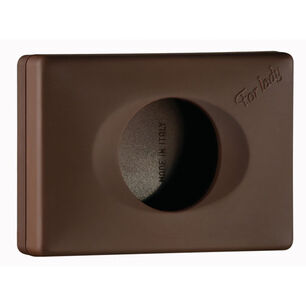
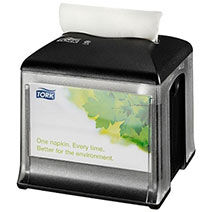
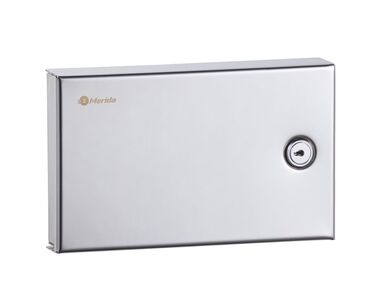
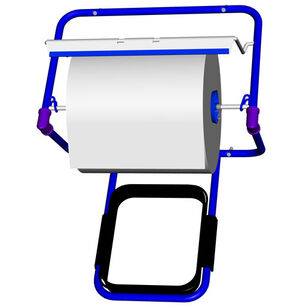
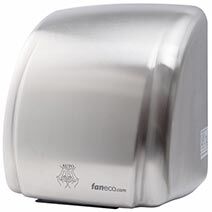
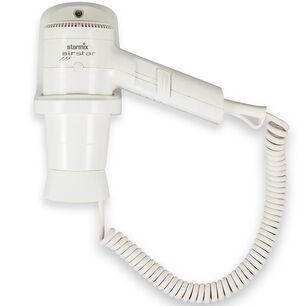


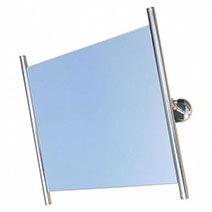
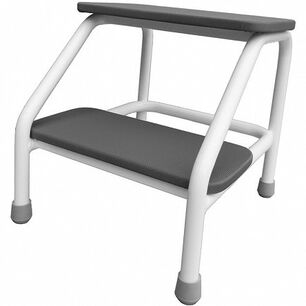
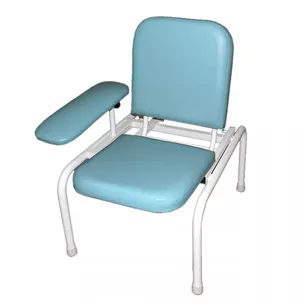

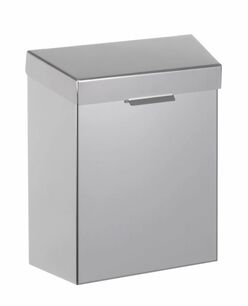
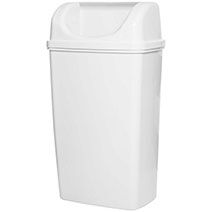
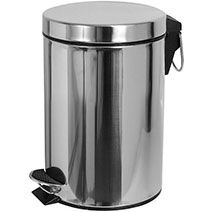
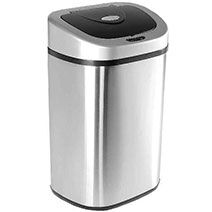
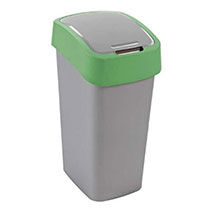

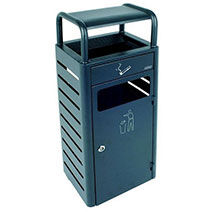
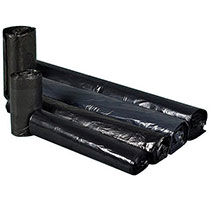

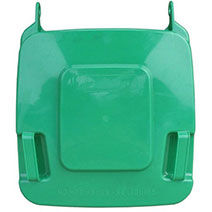

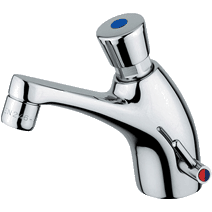
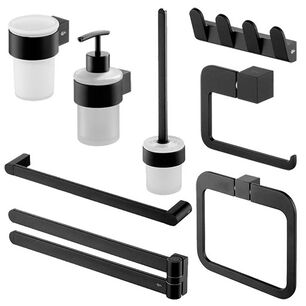




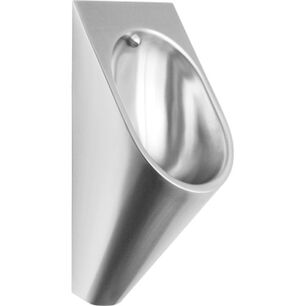
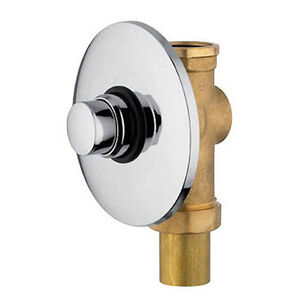
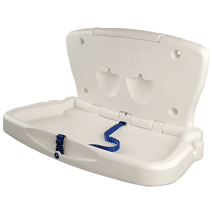

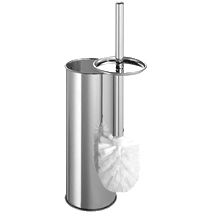
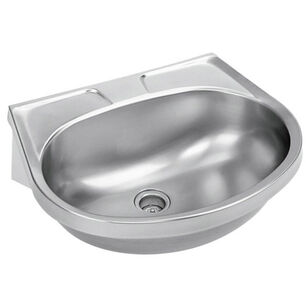
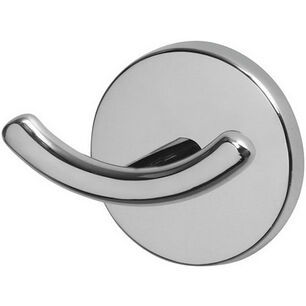
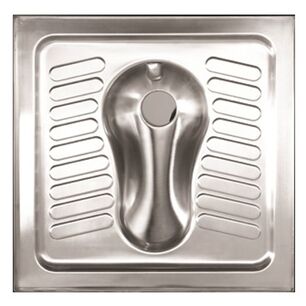

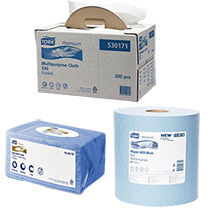


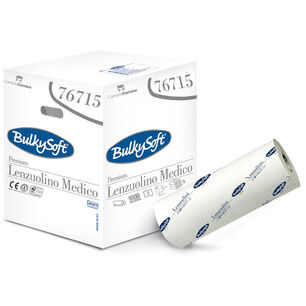

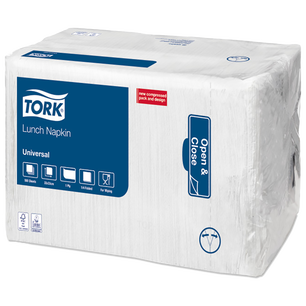


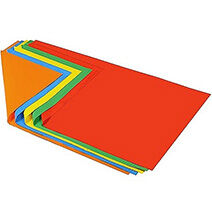
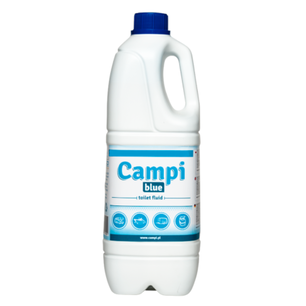
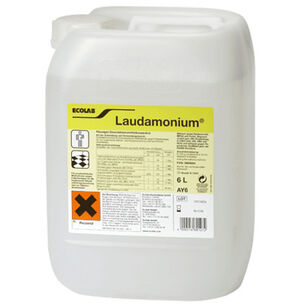
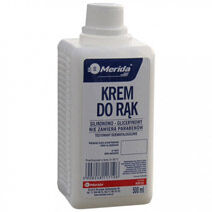
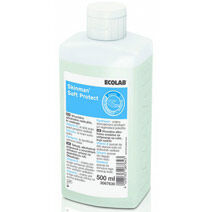
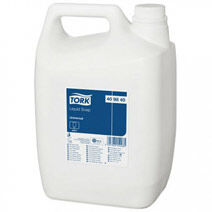
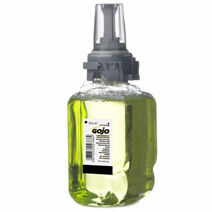



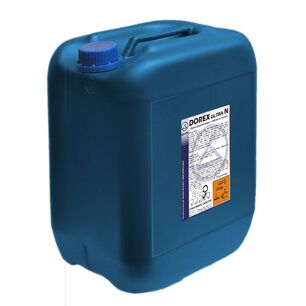
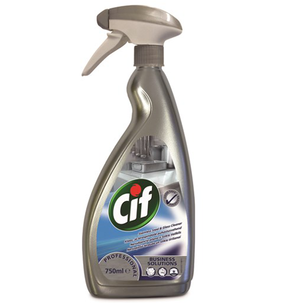
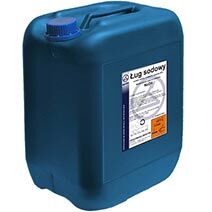
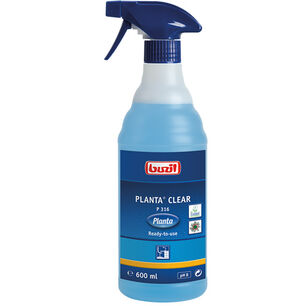

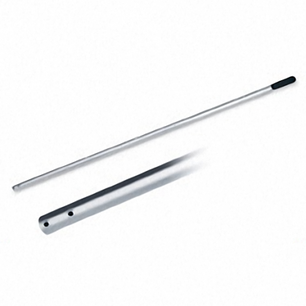
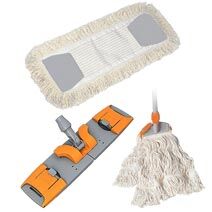
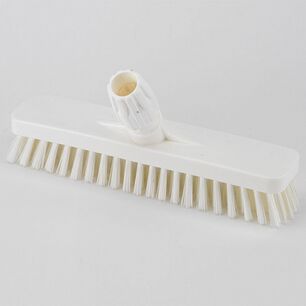
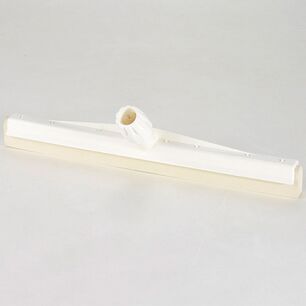

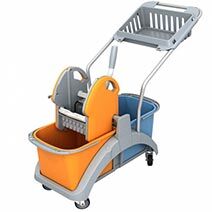
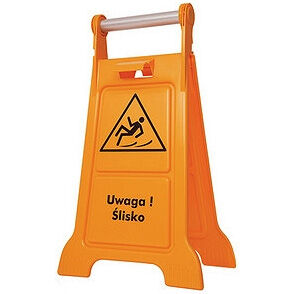
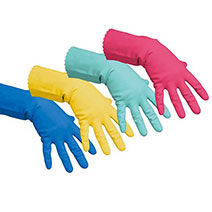
 Polski
Polski
 Czech
Czech
 German
German
 Spanish
Spanish
 Slovak
Slovak